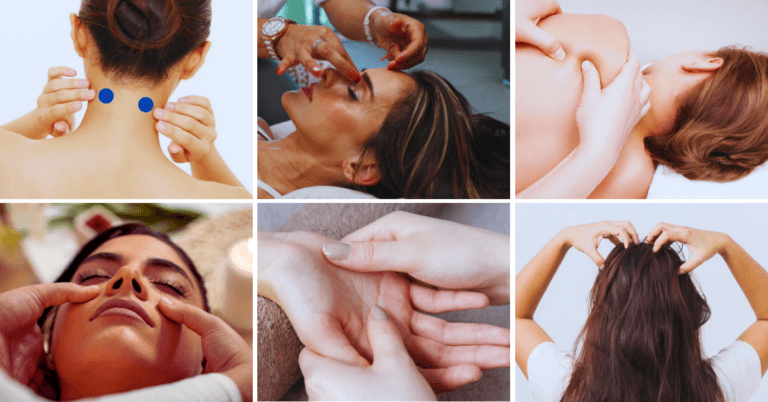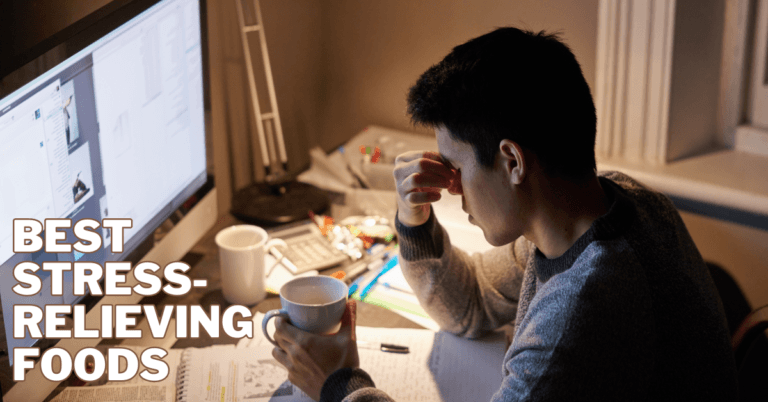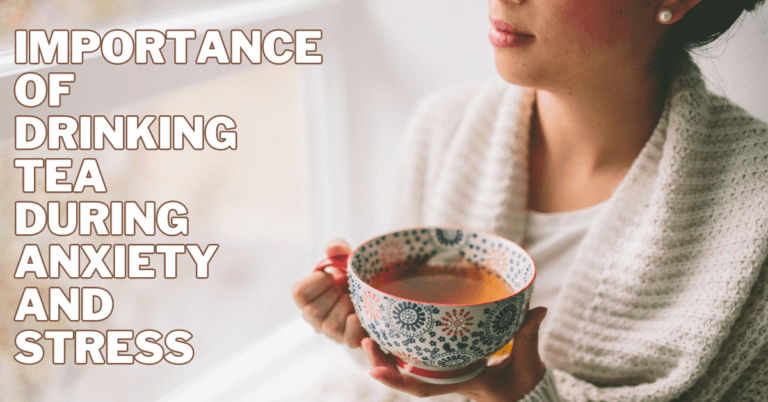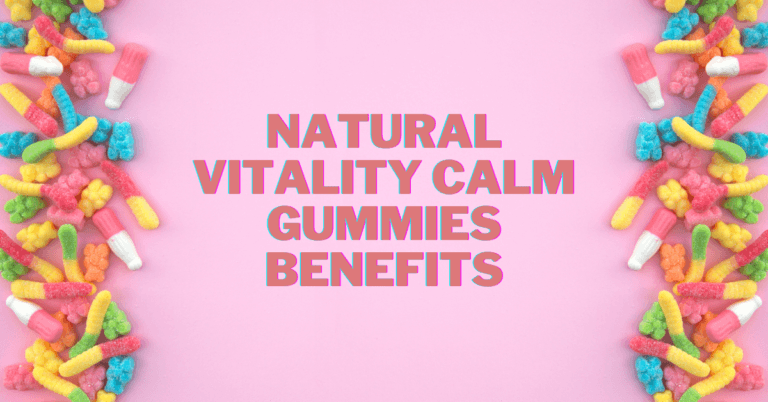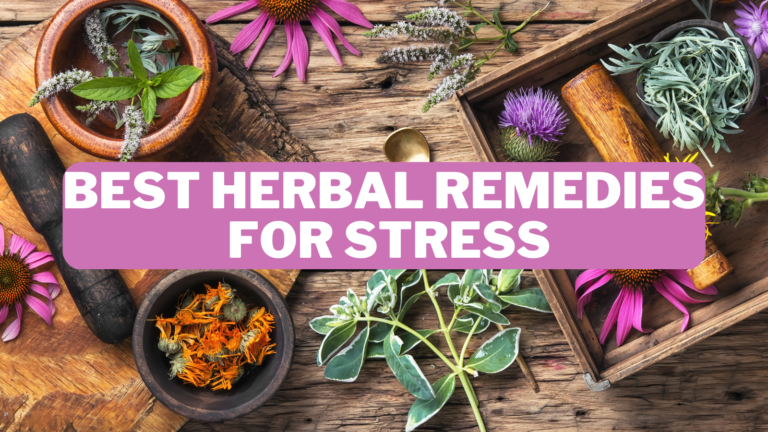28 Ways To Beat Depression Naturally
28 Ways To Beat Depression Naturally
You may feel powerless if you are depressed. You aren't. There's a lot you can do on your own to fight back, in addition to treatment and, in some cases, medicine.
Natural depression therapies include changing your behaviour, physical activity, lifestyle, and even thinking. These suggestions might help you feel better right now.
1. Establish A Routine
According to Ian Cook, MD, if you're sad, you need a routine. He is the head of UCLA's Depression Research and Clinic Program and a psychiatrist.
Depression may devastate your life's structure. One day seems to blend into the next. Setting a modest daily regimen might assist you in regaining control.
2. Establish An Objectives
You may feel you can't achieve anything while you're sad. You begin to feel bad about yourself as a result of this.
Set daily objectives for yourself to help you push back. “Start small,” Cook advises. “Set a goal for yourself that you can achieve, such as cleaning the dishes every other day.” As you begin to feel better, you may increase the difficulty of your daily objectives.
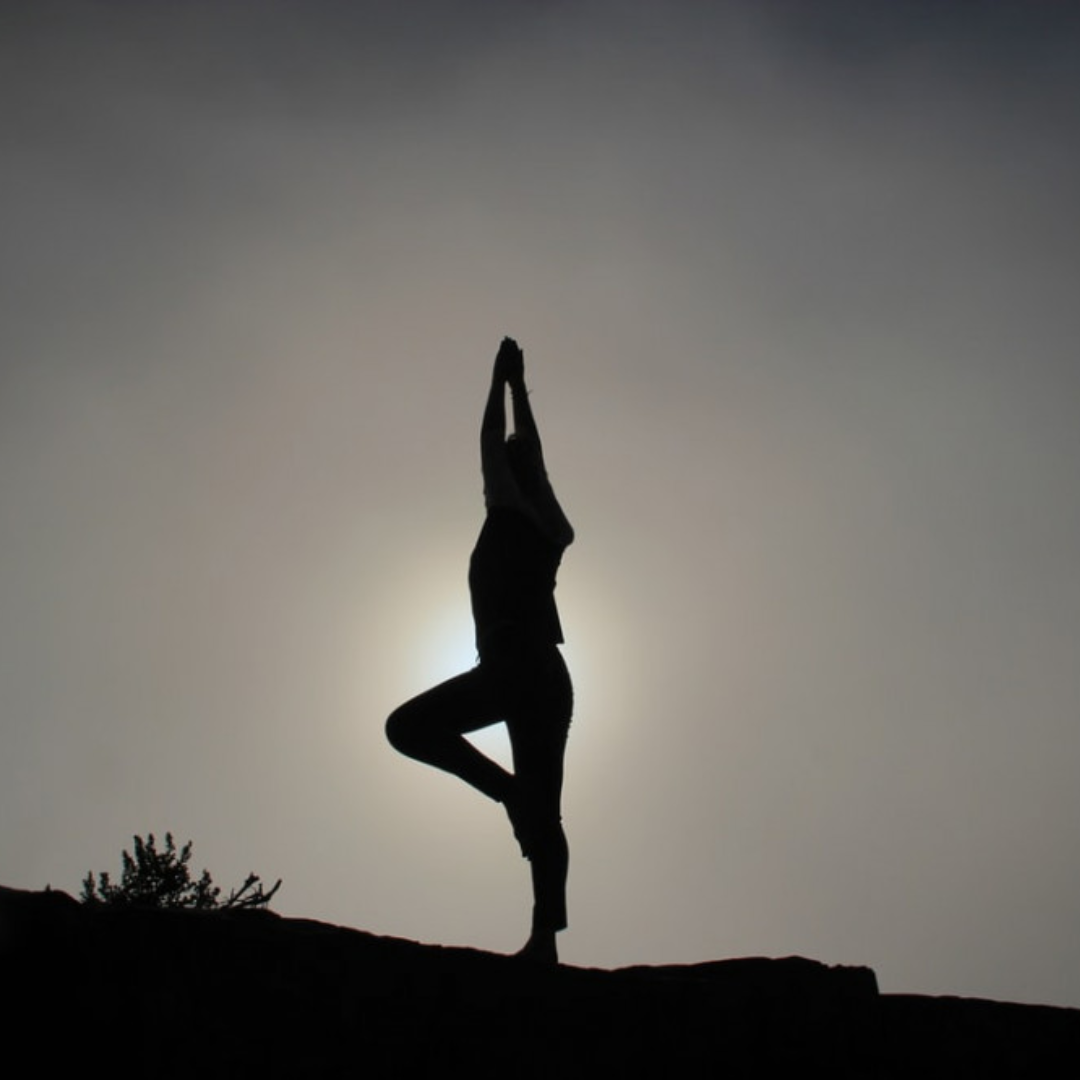
3. Get Some Exercise
It momentarily increases endorphins, which are feel-good hormones. It might also help those with depression in the long run.
Cook claims that regular exercise encourages the brain to reorganize itself favourably. How much physical activity do you require?
You do not need to run marathons to get a benefit. Even going for a stroll a few times a week might assist.

4. Eat A Balanced Diet
There is no such thing as a depression-curing diet. However, keeping an eye on what you consume is a good idea.
If you tend to overeat due to depression, taking control of your food can help you feel better.
Although nothing is conclusive, Cook believes that meals high in omega-3 fatty acids (such as salmon and tuna) and folic acid (such as spinach and avocado) may aid in treating depression.

5. Get Plenty Of Rest
Sleep deprivation may make it difficult to obtain adequate rest, and too little sleep can exacerbate melancholy.
What options do you have? Begin by making some lifestyle adjustments. Every day, go to bed and wake up at the same hour.
Try not to take a sleep. Remove any distractions from your bedroom, including your computer and television. You may notice that your sleep improves with time.
6. Assume Responsibility
When you're sad, it's natural to desire to withdraw from society and abandon your obligations at home and work. Don't.
Maintaining a healthy lifestyle by staying active and performing everyday duties will help you avoid depression.
They offer you a feeling of achievement and help you to feel grounded. It's alright if you can't commit to a full-time school or job. Consider working part-time. If that's too much, try doing voluntary work.
7. Overcome Your Negative Thoughts
A large part of the battle against depression is mental — altering your mindset. You jump to the worst conceivable conclusions when you're sad.
Use logic as a natural depression therapy the next time you feel bad about yourself. You may believe no one likes you, but does the evidence support this?
You may think you are the most useless person on earth, but is it true? It takes time and effort, but you can overcome negative ideas before they spiral out of control.
8. Before Using Supplements, See Your Doctor
“Some vitamins for depression have encouraging data,” Cook explains. Fish oil, folic acid, and SAMe are among them.
However, additional study is required before we can be certain. Before beginning any supplement, talk to your doctor, particularly if you're currently on medication.
9. Try Something Different
You're stuck in a rut when you're sad. Make an effort to try something new. Visit a museum. Take an old book to a park seat and read it. Donate your time to a soup kitchen. Consider enrolling in a language course.
“There are molecular changes in the brain when we push ourselves to do something unusual,” Cook explains.
“Trying something new changes the amounts of dopamine, a brain chemical linked to pleasure, happiness, and learning.”

10. Make An Effort To Have A Good Time
Make time for activities you like if you're sad. What if nothing appears to be entertaining anymore?
Cook adds, “That's simply a sign of depression.” Regardless, you must continue to attempt. You have to work at having fun, as weird as it may seem.
Plan activities that you used to like, even if they seem tedious. Continue to go to the movies. Continue to dine out with pals.
11. Stay Away From Alcohol And Other Drugs
Substance abuse is widespread among depressed persons. To cope with the symptoms of depression, you may be more prone to resort to alcohol, marijuana, or other substances. It's uncertain if binge drinking and drug usage contribute to depression.
Long-term drug use, however, may alter how your brain functions, worsening or leading to mental health issues.
Cook claims that when you're sad, you might lose your ability to appreciate life. You'll have to learn how to do it all over again. Once enjoyable, things will become enjoyable again with time.

12. Internal And External Natural Cures
Treatment for depression does not have to include hours of therapy or days of drug use. While such treatments may be successful, you may prefer natural ways to improve your mood.
Exercise, mind-body treatments, and herbal supplements may have the ability to modify your mood and brain chemistry. Many of these therapies are safe, but their efficacy hasn't always been demonstrated.
13. Exercise To Energize You
When your doctor diagnoses you with depression, regular physical exercise may not be the first thing they recommend. However, it may be a component of your treatment plan.
According to Duke University research, 30 minutes of moderate aerobic exercise three times a week was just as helpful as antidepressant medication in treating depression symptoms in the short term.
People who continued to exercise after the first experiment were less likely to develop depression, according to the research.

14. Finding Methods To Unwind
Depression might cause you to feel cut off from the things you like. It might also induce weariness and sleep disturbances.
Unwinding has the potential to improve your mood. Relaxation approaches include progressive muscular relaxation, relaxation imagery, and autogenic training.
The Cochrane Collaboration looked at 15 studies that looked at relaxation methods. They discovered that although relaxation methods aren't as beneficial as psychological therapy in lowering symptoms, they are more successful than no treatment.
15. Consider Meditating
Meditation is a relaxation in which you concentrate on your breath, a phrase, or a mantra to clear your mind.
Trusted Source believes daily meditation may help relieve stress, anxiety, and depression symptoms.
Mindfulness activities, such as meditation, teach individuals to concentrate on the present moment.
This aids in developing an open and accepting mindset, which may have antidepressant properties.

16. Yoga Helps To Shape Both The Body And The Psyche
Yoga is a kind of exercise that involves both the mind and the body. Yoga practice consists of a sequence of positions that aid with balance, flexibility, strength, and concentration.
The positions help straighten the spine, increase mental clarity, renew the nervous system, decrease stress, and promote relaxation and emotional well-being.
Though further study is needed, certain studies, such as those conducted by the University of Westminster, suggest that yoga may help with depressive symptoms.

17. Music Therapy And Guided Visualization
Guided imagery is a meditation in which you see a certain objective as clearly as possible. This method uses the power of positive thinking to aid in attaining a certain goal, such as happiness.
Music therapy has been shown to help persons with depression feel better. Listening to music that encourages relaxation and optimism is sometimes a part of it. In other instances, singing is used as a sort of treatment.
According to one research, both treatment methods may help reduce stress and increase mood.
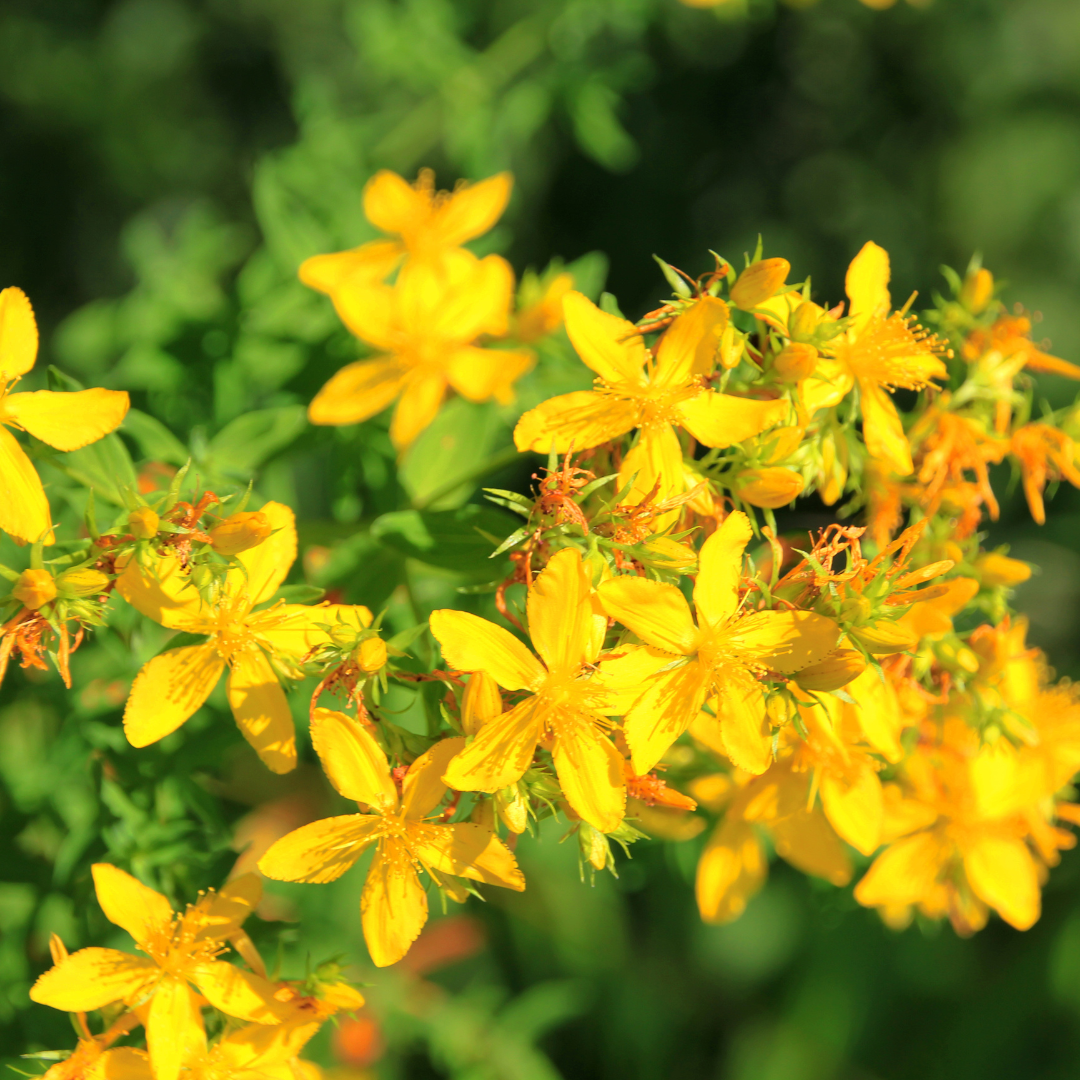
18. St. John's Wort – A Herbal Treatment Option
In Europe, St. John's wort is a common herbal remedy for depression. Physicians in the United States are more split regarding its use.
St. John's wort does not seem to be beneficial in treating serious depression, according to the National Center for Complementary and Alternative Medicine (NCCAM).
On the other hand, people with mild-to-moderate versions may benefit from it. St. John's wort may interact negatively with various drugs, herbs, and supplements. Always see your doctor before taking it to ensure your safety.
19. The SAM-e Situation
S-adenosyl-L-methionine (SAM-e) is a naturally occurring substance in the body. It has a role in various biological systems, including the brain and liver.
According to NCCAM, some studies demonstrate that SAM-e may aid with depressive symptoms, but the study isn't definitive.
Dietary supplements containing SAM-e are available. SAM-e should not be used by those with bipolar disorder or manic depression since it might trigger mood swings and mania.
20. Serotonin And 5-HTP
5-Hydroxytryptophan (5-HTP) is a substance found in nature. It works by raising the brain's serotonin levels.
Serotonin is involved in mood, sleep, and various other processes. Although some studies show that 5-HTP might help with depression, taking it excessively or for extended periods can be harmful.
The FDA does not test dietary supplements. Contaminants have already led some 5-HTP users to acquire a potentially dangerous blood disease. More research is needed to see whether 5-HTP is beneficial in treating depression.
21. Kava (Hot Kava)
The soothing and anesthetic qualities of kava come from the root of the kava plant. It's most well-known as a component in soothing teas.
Kava has been utilized for stress relief, mood elevation, and other relaxing benefits in areas of the South Pacific, including Hawaii.
Its calming effects have been compared to those of benzodiazepines. Studies demonstrated Kava to be safe and helpful in treating stress and anxiety, which may assist in alleviating depression symptoms. More study is required, however, to provide definitive proof.

22. Increase Your Sleep Time
Sleep and emotion are inextricably linked. If you don't get enough of the former, the latter will suffer, whether you have depression or not.
Ensure you have “excellent sleep hygiene,” as sleep specialists term it, to promote your mental well-being.
This implies that you stick to regular bedtimes and wake-up hours, that your bedroom is set up for good sleep (it's dark, quiet, and uncluttered), and that you have a soothing bedtime ritual that doesn't include sitting in front of a device, and so on.
There are actions you may do to attempt to enhance the quality of your sleep, whether you can't seem to get any sleep or can't seem to stop sleeping:
- Take some time before night to relax; do something soothing and avoid stressful jobs or thoughts.
- Go to bed at the same time every night and set the alarm at the same time every morning.
- Stick to a regular nighttime regimen.
- Turn off your electronics and spend a few minutes reading a book.
Also, even on days when you're inclined to close the shades and stay inside, try to spend some time outdoors each day.
Because light plays a vital part in regulating sleep cycles and circadian rhythms, a lack of sunlight may make sleeping at night more difficult.

23. Use Caffeine In Moderation
Caffeine is found in coffee, tea, soda, and even chocolate. It's acceptable to have a moderate amount of caffeine in the morning but limit your caffeine intake in the afternoon to prevent disrupting sleep.
If you depend on caffeine, gently reduce your intake to prevent the unpleasant symptoms of caffeine withdrawal. Instead of reaching for a Coke or a cup of coffee, take a quick stroll around the block.
24. Increase Your Vitamin D Levels
A vitamin D deficiency may have a role in depression, according to some studies. Ask your doctor whether you should take a vitamin D supplement if you aren't receiving enough vitamin D through your food and lifestyle (such as sun exposure).
Deficiencies in some nutrients may contribute to depressive symptoms. A supplement may be beneficial if you are having trouble spending enough time outside or if the weather is gloomy and you cannot obtain enough sunlight.
25. Attempt Natural Treatments
According to some studies, there are natural antidepressants that may aid with depression symptoms.
Dietary supplements, including St. John's Wort, S-adenosylmethionine (SAM-e), and 5-Hydroxytryptophan (5-HTP), may be worth a try for mild to severe depression.
Omega-3 fatty acids have also been studied to see whether they might help with depression. In a 2015 study, researchers discovered that omega-3 supplements may benefit adults and children with depressive symptoms. However, they aren't sure how or why.
While natural therapies may be effective in treating depression, you should always check with your doctor before using them.
It doesn't mean they're always safe just because they're accessible without a prescription and are advertised as natural.
Furthermore, research on some of these natural antidepressants is equivocal, and some may create undesirable side effects or medication interactions.
When St. John's wort is used with an SSRI like Prozac, a condition known as serotonin syndrome may occur. In bipolar disorder, SAM-e increases the likelihood of hypomania and mania.

26. Incorporate Your Spirituality Into Your Day-To-Day Life
Many individuals who are depressed find religion to be a valuable source of support, but there is no need to join a church, synagogue, or mosque unless you want to.
Daily activities like meditation or a gratitude list may help improve your mood and general well-being.
Mindfulness-based cognitive therapy (MBCT), which combines aspects of cognitive behavioural therapy (CBT) with mindfulness meditation, is effective in treating depression and reducing future relapses of symptoms, according to research.
Mindfulness meditation techniques have also been useful in treating depression studies.
There are many various styles of meditation. However, these steps can help you get started with a basic contemplative exercise:
- Take a seat in a comfortable position.
- Close your eyes for a moment.
- Take a few deep breaths.
- Pay attention to how your body feels as you breathe.
- Bring your focus back to your breathing when your mind wanders.
27. Increase Your Physical Activity
Getting more exercise doesn't have to mean running a marathon; it might just mean doing a half-hour of low-intensity movement every day, which has been shown to improve happiness and quality of life.
Take it outside if you can. Fresh air and sunlight are particularly beneficial to those suffering from seasonal affective disorder, a kind of depression (SAD).
While studies have shown that regular physical activity may help prevent and cure depression, exercising when you're sad can be difficult. A lack of energy and a depressed mood might indicate you are too tired to get up and move.
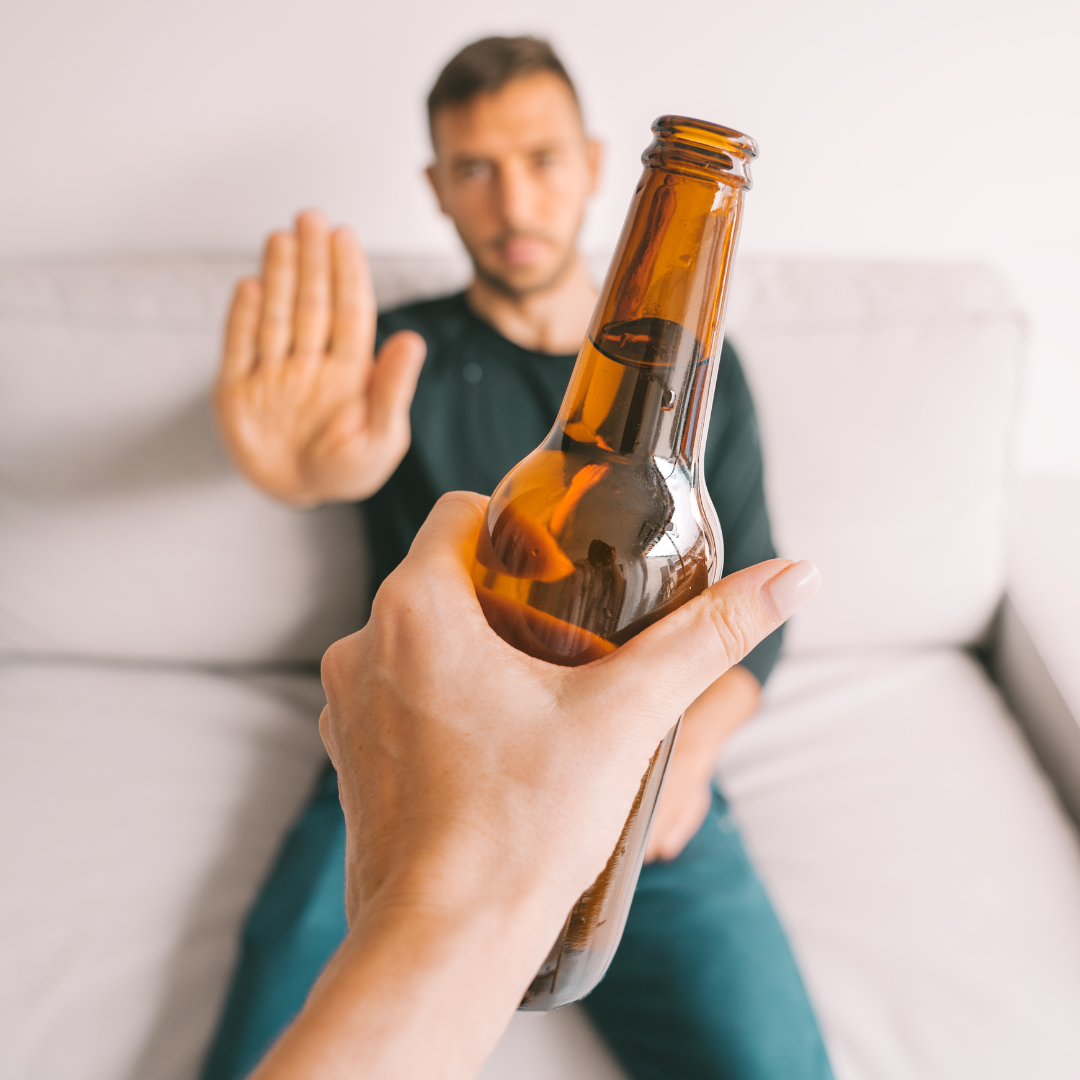
28. Avoid Consuming Alcoholic Beverages
Alcohol is a depressive in and of itself. Drinking may make sleeping difficult, and getting enough sleep is essential for overcoming the blues.
While alcohol may seem to be a fast remedy for escaping your feelings, it may exacerbate many symptoms of depression.
Not only that, but it can lower inhibitions and lead to dangerous actions and poor judgments with long-term effects.
Consult your doctor if you have been abusing alcohol or other drugs and need assistance stopping.
You might potentially be suffering from an alcohol or drug abuse problem. Withdrawal symptoms may exacerbate depressive symptoms briefly. Therefore, you may want additional support throughout the recovery process.
Conclusion
I trust you enjoyed this article on the 28 Ways To Beat Depression Naturally. Please stay tuned for more blog posts to come shortly. Take care!
JeannetteZ
>>>Please click here to read my all-inclusive article about Lessons That Will Teach You All About Stress<<<
>>>Are you interested in Natural Healing And Stress Relief through Herbs? Please click here for my #1 Recommendation<<<
Your Opinion Is Important To Me
Thoughts? Ideas? Questions? I would love to hear from you. Please leave me your questions, experience, and remarks about this article on the 28 Ways To Beat Depression Naturally in the comments section below. You can also reach me by email at Jeannette@Close-To-Nature.org.
Disclosure
This post may contain affiliate links. I earn from qualifying purchases as an Amazon Associate and other affiliate programs. Please read my full affiliate disclosure.
You might also enjoy these blog posts:
The Most Stressful Life Events
How To Grow Pansies And Violas In A Container
The Most Stressful Jobs In The World
What Is The Difference Between Stress And Depression



